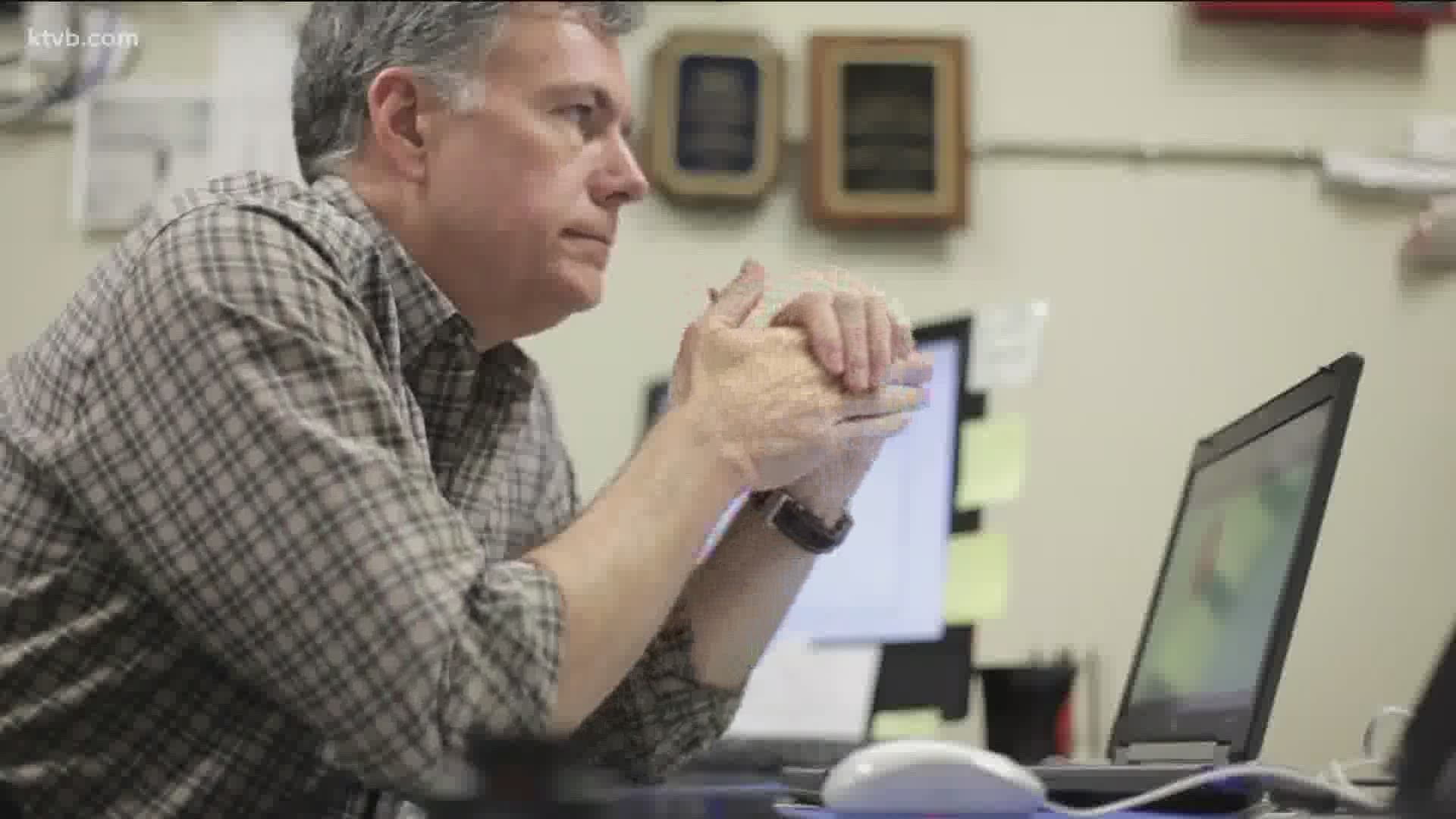BOISE, Idaho — All of us experience stress at one point or another. For many, the pressures of the pandemic have only increased their stress levels over the last year.
Dr. Dennis Woody with Optum Idaho spoke with KTVB about stress and how to keep it from taking over your life.
A portion of the Q&A with Woody is included below:
What is stress, and what should we do about it?
“The notion of stress is normal, and in fact the absence of stress is death. When you take it from that perspective, what you realize is that every day the environment is impinging upon you certain stressors and it’s really how you learn to manage those types of internal stressors and external stressors that make you more effective.”
What’s the difference between internal and external stress?
“The internal stressors are generally the way you interpret and perceive whatever the environment is challenging you with, whether it’s your own thoughts or your own doubts about your ability or circumstances that are put upon you. We refer to those as external stressors.”
The health effects must be different of internal and external stressors, right?
“Internal stressors can be just as corrosive as external stressors. Now, there are some instances where you’re in an environment where it should be stressful, whether you’re a combat soldier or you’re under a great deal of pressure at work. If you are perpetually in that environment it would have its physical effect on you. Acute stress tends to result in elevated blood pressure, heart rate, breathing. Chronic stress or unremitting stress tends to be more invasive to physical conditions like headaches, abdominal problems, your difficulty with sleeping, problems with stability of your diet, or your intake or even your activities.”
How can we manage our internal and external stress?
“Back up off of the situation and try to perceive what is going on, 'why am I stressed about this?' It gives you a more objective way of looking at the impact you’re experiencing. Plan your day – make sure you have an understanding of what you’d like to have accomplished or where you’d like to go. Deep breathing, we know, has a very positive response in terms of increasing the oxygen level in your blood and as a result having a relaxation response. Another thing is exercise, and you hear that all the time. You don’t have to exercise extensively, but get up and walk around a little bit. We are always going to have a certain level of stress, and knowing that you are able to at least change some of it, if not all of it, is a really important and empowering sense of awareness.”
Woody added that having anxiety, depression, and certain mood disorders can make it harder to manage stress. If you’re having trouble, reach out to a friend, a family member, your primary care doctor, or a counselor for help.
Watch more 'Hello Idaho':
Watch our latest conversations about mental health in our YouTube playlist:

